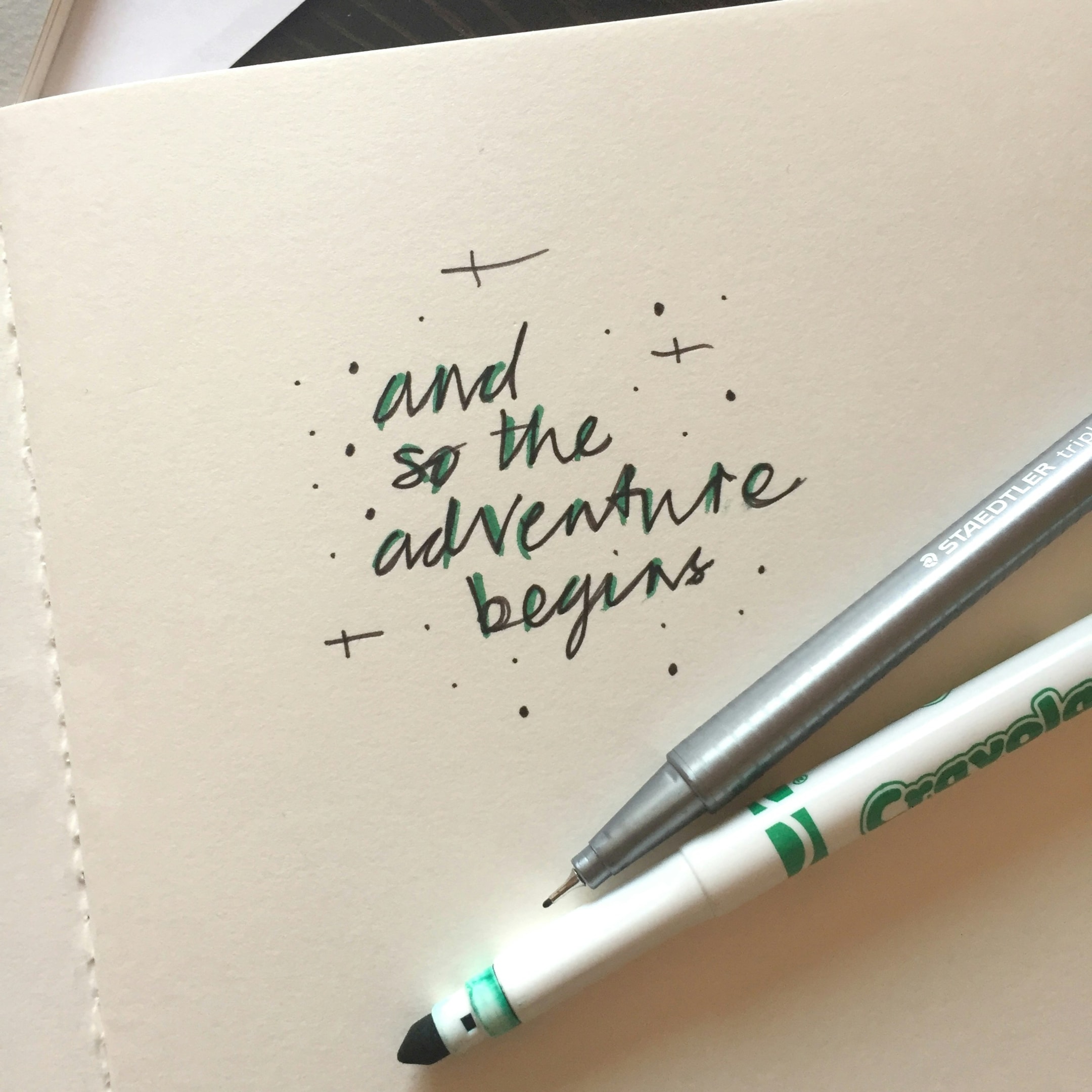Creative writing courses for teenagers are a fantastic way for young writers to improve their skills and discover their unique voice. Creative Writing Ink offers expert guidance and well-structured lessons. Keep reading on to find out how they can help your teenager grow as a writer.
Key Takeaways
- Courses with Creative Writing Ink help teenagers find their own voice and build confidence through structured learning and feedback from peers.
- Online courses are flexible and provide personalised feedback, making it easy for students to improve their skills from the comfort of home.
- Using creative writing prompts, reading widely, and joining writing communities are great ways to boost creativity and develop strong writing skills.
Creative Writing Courses for Teenagers: An Overview
Courses give writers the chance to learn from experienced authors and sharpen their craft. At Creative Writing Ink, our offerings provide an environment where teenagers can explore different genres, from short stories to poetry, and develop their own unique style. Creative Writing For Teenagers is incredibly valuable, helping secondary school students build creative writing skills that will benefit them both academically and in their future careers.
Beyond just improving writing, our courses also boost confidence and self-esteem. For teenagers, being able to express their thoughts and feelings through writing can be truly empowering. The courses create a safe space for experimenting with different techniques and receiving helpful feedback from tutors. This ongoing process of learning and growing is key to building a strong sense of self and a distinctive style.
Plus, our courses are designed to be fun and engaging. Activities make learning interactive and enjoyable, helping writers learn new writing techniques while receiving actionable and personalised feedback from experienced tutors.
Getting the most out of your creative writing courses for teenagers is all about making the experience enjoyable and productive. Here are some friendly tips to help you along the way:
- Set Regular Writing Goals
Try to carve out specific times each week just for writing. Keeping a steady routine helps your skills grow naturally and keeps the momentum going. - Be Open to Feedback
When tutors share their thoughts, receive them with an open mind. Their advice can help you polish your work and try out new ideas. Remember, constructive feedback is your friend! - Join Writing Communities
Find clubs, workshops, or online groups where you can share your stories and hear what others are writing. Being part of a group can really boost your motivation and spark fresh inspiration. - Read with Curiosity
Read a wide range of books and authors. Notice how different writers build characters and worlds. Thinking about what you read will deepen your understanding and give you lots of ideas for your own writing.
By following these simple tips, teens can enjoy their creative writing courses even more and build a solid foundation for storytelling success.
Discover Your Unique Voice in Writing
Finding your own narrative voice is an exciting and important part of becoming a writer, especially for teenagers just starting out. Your unique voice is what makes your writing special and helps your stories connect with readers. But how do you find it? The secret is a mix of regular writing practice and exploring different styles and techniques.
Reading widely is a great way to build vocabulary, improve understanding, and spark new ideas—all essential for shaping your voice. By reading a variety of authors and genres, writers can see how different stories are told and what themes are explored, which is an important thing. Hearing different styles broadens your perspective and helps you find the right words to express yourself.
With regular writing practice, whether through journal prompts, short stories, or poems, teenagers can keep experimenting until they discover the voice that feels truly their own.
Online Courses
Online courses have become more popular and accessible than ever. Designed with teenagers in mind, these courses offer:
- Opportunities to connect with mentors
- A flexible way to improve writing skills from home
- Carefully planned lessons covering everything from creating memorable characters to mastering different writing styles.
These online courses come with lots of benefits, such as:
- Helping students build skills that will impress colleges and create polished writing portfolios.
- Offering personalised assignments tailored to each student.
- Providing feedback from dedicated tutors.
- Giving individual attention to help writers grow and prepare for future opportunities.
Benefits of Online Learning
Learning online comes with many perks, including:
- Personalised assignments and feedback that let students work at their own pace and focus on what they need most.
- Helping teenagers improve their skills in a nurturing environment.
Another great advantage is flexibility. Our online courses ask for just 2-3 hours a week, which makes it easier for students to balance writing with school and other activities. This way, young writers can enjoy learning without feeling overwhelmed.
Enhancing Skills
Getting better at writing is a journey that involves regular practice, reflection, and trying out new techniques. Writing can also be a wonderful way for teenagers to relieve stress and make sense of their feelings. It encourages self-awareness and helps writers understand themselves better.
Writing even just a little every day is one of the best ways to improve. This steady practice builds confidence, sharpens your unique voice, and polishes your skills. Writing prompts are especially helpful because they push you to try new ideas and step outside your comfort zone.
Trying out different styles also helps you become more versatile and confident in your craft, giving you the tools to tell stories your way.
Writing Prompts and Exercises
Writing prompts are a fantastic tool to practise new techniques and styles. They spark inspiration and help overcome writer’s block. For example, a prompt might ask you to start a story with a conversation between two characters or to write about a character going on an adventure.
Using creative writing prompts regularly helps teens get into a writing rhythm and keeps their creativity flowing. Whether you use prompts for journaling or short stories, they open up endless possibilities to explore your imagination.
Reading Widely
Reading widely is key to becoming a better writer. Exploring different genres like:
- Fiction
- Non-fiction
- Poetry
- Plays
Reading a variety of genres will expose you to many ways of telling stories. It also introduces new words and techniques you can bring into your own writing.
Setting a goal to read a certain number of books each month or joining a book club can make reading more fun and help you discover new ideas and styles.
Joining Writing Communities
Being part of a writing community gives teen writers valuable feedback and motivation. School writing programmes and after-school clubs offer chances to write together, share work, and learn from others.
Many teenagers enjoy making new friends and hearing other people’s stories in these clubs. Having a mentor or supportive peers can boost confidence and inspire you to try new genres and enter writing competitions with enthusiasm. Having friends in these groups makes the whole experience even more rewarding.
Parents often notice the positive impact these communities have on their children’s writing journey and personal growth, shaping their lives in meaningful ways.
Guest Speakers and Author Talks
Guest speakers and author talks are a real highlight of courses. Workshops often invite authors who:
- Share their experiences and tips
- Inspire teen writers to follow their dreams
Listening to established authors offers real-world insights and mentorship, encouraging writers to work on their craft.
Advanced sessions, like masterclasses with published authors, give aspiring writers a chance to learn from the journeys of those who have been there before, gaining inspiration and practical advice.
How to Choose the Right Course
Picking the right course is important to get the most out of it and reach your full potential. A good course will have a clear structure that lets you explore different genres while treating writing seriously as a craft. It’s also worth checking the reputation of the school or organisation offering the course to see what resources and opportunities they provide.
Courses with a strong record of student awards and achievements show they offer quality teaching and attract talented writers. Some courses focus on specific interests or strengths, giving you tailored advice to help you grow.
Submission Guidelines for Young Writers
If you want to publish your work, it’s important to understand submission guidelines. Competitions like the Bloomsday Writing Competition for Young Authors welcome entries from under-18s, offering a chance to showcase your talent. Finalists receive certificates, and winners get educational materials and books from sponsors.
Other well-known competitions include:
- The London Magazine Short Story Prize
- The Creative Writing Ink Short Story Competition
- Poetry Ireland Review, which accepts submissions without any entry fee, making it accessible for young poets.
These opportunities encourage young writers to start writing, polish their work, and submit it for recognition and publication.
Making a Significant Impact Through Creative Writing
Creative writing courses for teenagers do more than just improve writing skills — they empower young people to make a real difference in their communities and beyond. By learning how to express their thoughts clearly and passionately, teenagers can shine a light on issues close to their hearts, share unique perspectives, and inspire others to take action.
Being part of writing communities and workshops also offers ongoing support and encouragement, creating a welcoming space where teenagers feel motivated and inspired. This positive environment helps them spend their time meaningfully, developing skills that will serve their future selves — whether in school, work, or life.
One of the best things about creative writing courses, according to many students, is the encouragement they receive from mentors. That support helps them push past doubts and discover just how powerful their words can be. Whether they’re stepping into someone else’s shoes through fiction or reflecting on their own experiences, young writers learn that their stories matter and can leave a lasting impact.
Summary
To sum up, courses give teenagers a wonderful chance to nurture their skills, discover their unique voice, and gain confidence. Whether through online courses that offer flexible learning, or by reading widely and joining writing communities, there are many ways for writers to grow. Guest speakers and author talks provide inspiration, and knowing how to submit work opens doors to publication.
Writing creatively can be a life-changing experience, opening up new possibilities and sparking a lifelong love of storytelling. So, whether you’re a young writer keen to improve or a parent supporting your child’s journey, remember there’s a whole world of ideas waiting to be explored. Keep writing, and let your unique voice shine.
Frequently Asked Questions
What age groups are courses suitable for?
Our courses are great for anyone aged 13, and can benefit all ages beyond that. They help boost creativity and writing skills at any stage of life.
How do online courses benefit young writers?
Online courses are great because they offer personalised assignments and quick feedback from tutors, letting students learn at their own pace. This flexibility helps create a comfortable and effective learning environment.
What are some examples of writing prompts for teenagers?
Writing prompts for teenagers might include starting a story with a chat between two characters or writing about someone going on an unexpected adventure. These prompts spark creativity and encourage self-expression.






